Located along the picturesque and diverse coastline of Odisha, the charming Chilika Wildlife Sanctuary stands as a genuine sanctuary for nature enthusiasts and wildlife aficionados alike. This momentous haven, which forms an indispensable part of the expansive Chilika Lake renowned as Asia’s largest brackish water lagoon—offers visitors an unparalleled experience that seamlessly blends rich biodiversity with breathtaking natural beauty. This comprehensive guide aims to provide you with all the essential information and insights you’ll need to plan and make the most of your visit to this captivating destination, ensuring an extraordinary journey into the heart of one of India’s most precious natural treasures.
Location
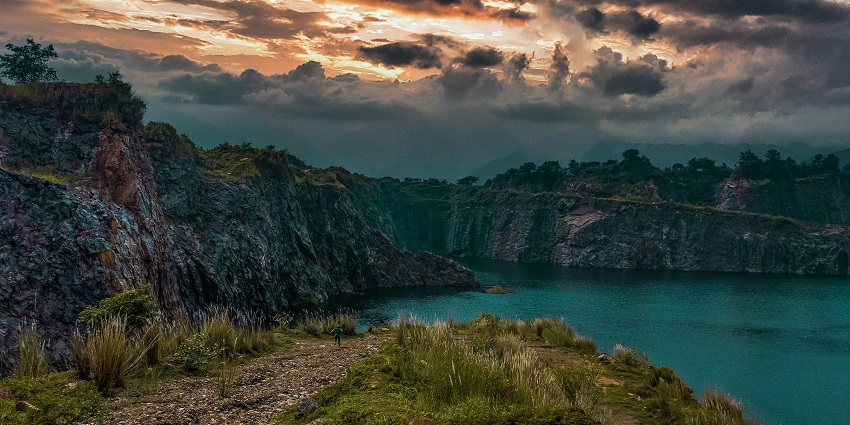
Chilika Wildlife Sanctuary address is located under the natural wonder of immense ecological significance and is nestled in the picturesque Puri district of Odisha, along the eastern coast of India. This remarkable sanctuary forms an integral and vital component of the expansive Chilika Lake, a sprawling aquatic ecosystem that encompasses over 1,100 square kilometres.
Suggested Read: Explore The Top Wildlife Sanctuaries In Odisha With Rich Biodiversity
How To Reach
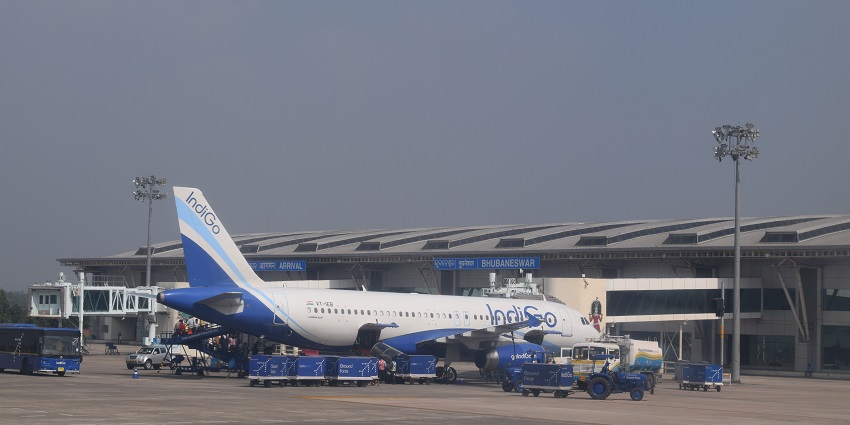
Photo: Chinmayee Mishra / Wikimedia Commons
By Air: The nearest airport is Biju Patnaik International Airport in Bhubaneswar, approximately 120 kilometres away. From the airport, you can hire a taxi or take a bus to reach the sanctuary.
By Train: The closest railway station is in Balugaon, which is about 35 kilometres from the sanctuary. You can hire a taxi or take a local bus from the station.
By Road: The sanctuary is well-connected by road, and you can easily drive from nearby cities like Bhubaneswar (120 km), Puri (100 km), and Cuttack (140 km). Buses and taxis are readily available.
Things To Do
1. Bird Watching
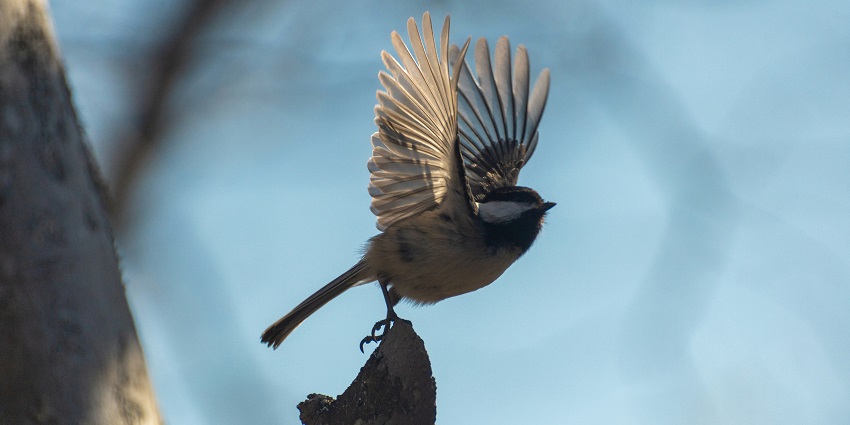
Photo: Jan Budomo / Unsplash / Image For Representation Only
The sanctuary is a haven for bird watchers, with over 160 species of birds, including both resident and migratory species. Winter is the peak season for bird watching, as thousands of migratory birds visit the sanctuary.
Suggested Read: Top Popular Waterfalls In Orissa For An Exciting Adventure
2. Boating
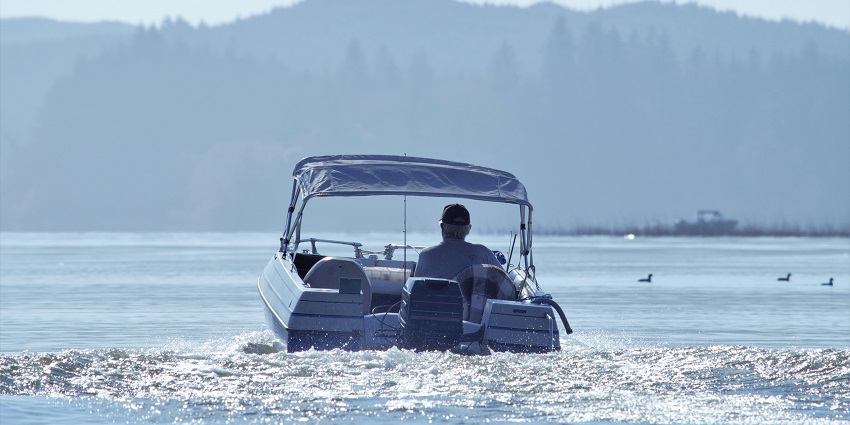
Photo: Jennifer Uppendahl / Unsplash / Image For Representation Only
One of the best ways to explore the sanctuary is by taking a boat ride on Chilika Lake. The boat ride allows you to get up close to the wildlife and enjoy the stunning views of the lake and surrounding areas.
3. Wildlife Photography
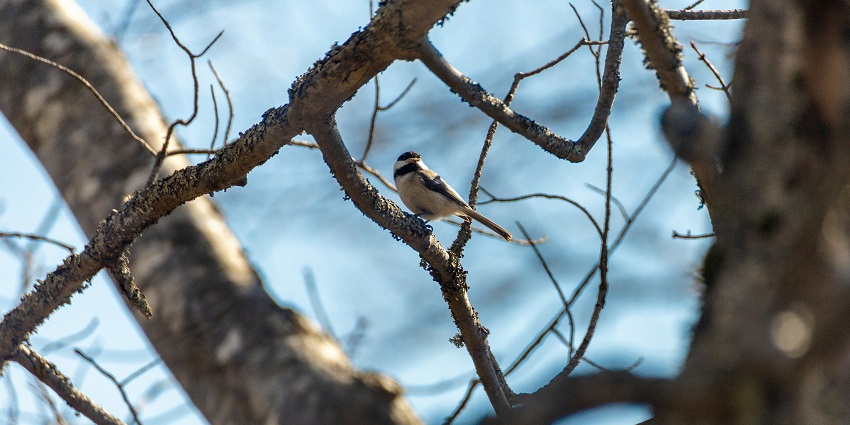
Photo: Jan Budomo / Unsplash / Image For Representation Only
The sanctuary is a photographer’s dream, offering countless opportunities to capture the diverse flora and fauna. Be sure to carry your camera and capture some stunning Chilika Wildlife Sanctuary photos.
Suggested Read: Kala Bhoomi Odisha Crafts Museum
Places To Visit Near Chilika Wildlife Sanctuary
1. Kalijai Island
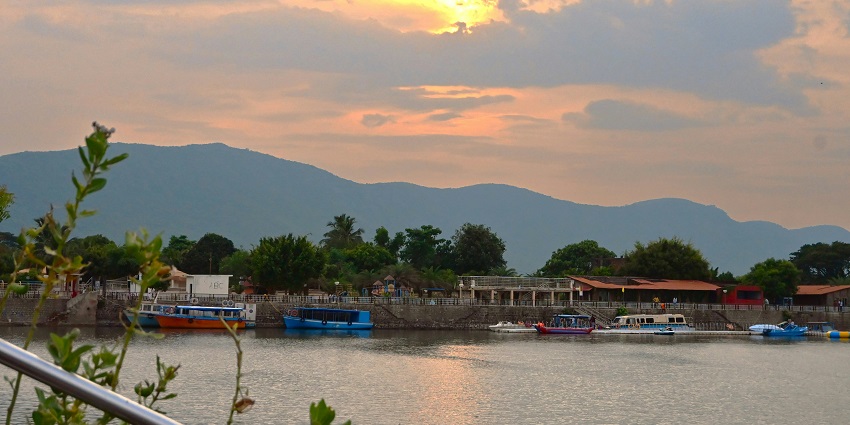
Kalijai Island is a popular pilgrimage destination that holds significant spiritual and natural importance. The island is home to the revered Kalijai Temple, dedicated to Goddess Kalijai, who is believed to be the presiding deity of Chilika Lake. The combination of religious significance, stunning vistas, and the calming presence of Chilika Lake makes Kalijai Island an essential stop for anyone exploring the region around the sanctuary.
Entry Fees: N/A
Best Time To Visit: October to February
2. Nalabana Bird Sanctuary
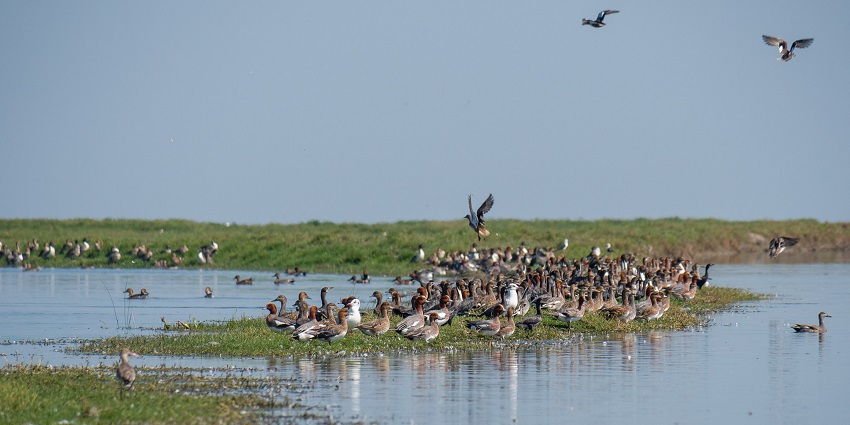
Photo: Mike Prince / Wikimedia Commons
Nalabana Bird Sanctuary stands as a veritable paradise for birdwatching enthusiasts. This sanctuary plays a crucial role in the intricate ecosystem of Chilika Lake, serving as a vital component of its biodiversity. Renowned for its ability to attract and host an impressive array of migratory birds during the winter months, Nalabana Bird Sanctuary has earned a reputation as a premier destination for both amateur and professional ornithologists.
Entry Fees: ₹50
Best Time To Visit: November to February
Suggested Read: Discover The Padmasambhava Mahavihara Monastery
3. Satapada
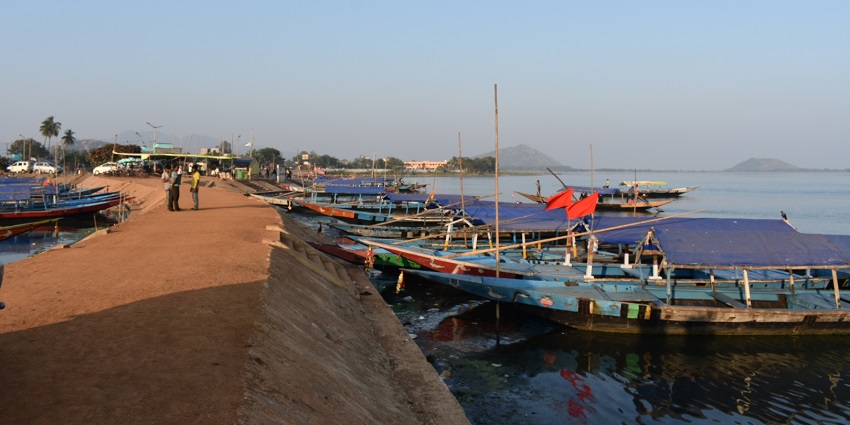
Photo: Achyuta.das1 / Wikimedia Commons / Image For Representation Only
The charming village of Satapada, is renowned for its exhilarating dolphin spotting excursions. This picturesque locale offers visitors a unique opportunity to embark on an unforgettable aquatic adventure. By participating in a guided boat tour, nature enthusiasts can witness the captivating sight of rare Irrawaddy dolphins gracefully navigating their natural habitat. As such, Satapada has rightfully earned its place as an essential destination for wildlife aficionados and eco-tourists alike, complementing the already diverse array of attractions surrounding the Wildlife Sanctuary.
Entry Fees: N/A
Best Time To Visit: October to March
Where To Stay
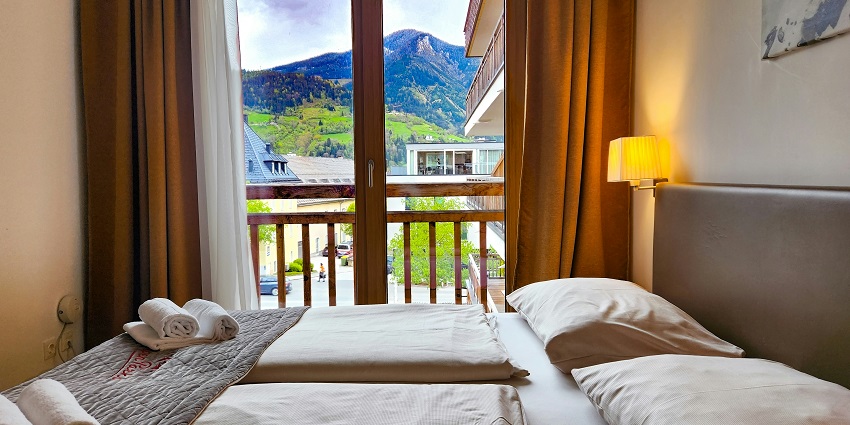
Photo: Ish Consul / Unsplash / Image For Representation Only
For visitors seeking comfortable accommodations near the wildlife sanctuary, there is a diverse array of options catering to various preferences and budgets. Swosti Chilika Resort: This luxurious establishment stands out as a premier choice for those desiring a lavish experience. Its well-appointed rooms and attentive service ensure a memorable and comfortable stay. OTDC Panthanivas: Operated by the government, this guesthouse presents an excellent option for budget-conscious travellers.
Suggested Read: Things To Do At Sudam Sand Art Museum
Where To Eat

Photo: Alex Munsell / Unsplash / Image For Representation Only
While visiting the wildlife sanctuary, you can indulge in a variety of culinary experiences at several dining establishments in the vicinity. Here are some noteworthy options to satisfy your taste buds: Panthanivas Chilika: Conveniently situated near the sanctuary, this restaurant offers a diverse menu featuring both local delicacies and popular Indian dishes. OTDC Restaurant: Operated by the Odisha Tourism Development Corporation, this dining venue has earned a reputation for its commitment to hygiene and exceptional service. Chilika Dhaba: For those seeking an authentic local dining experience, this popular eatery is a must-visit.
Best Time To Visit

Photo: Mystery Cat / Unsplash / Image For Representation Only
The optimal time to experience Chilika Wildlife Sanctuary is during the winter season, spanning from November to February. This period is characterized by delightful weather conditions, making it particularly conducive for exploration and outdoor activities. During these months, the sanctuary transforms into a vibrant hub of avian activity, with an influx of migratory birds from various parts of the world. The sanctuary becomes a temporary home to a diverse array of bird species, including graceful flamingos, majestic pelicans, and elegant herons, among others.
Suggested Read: Pool Party In Bhubaneswar
Other Factors To Consider
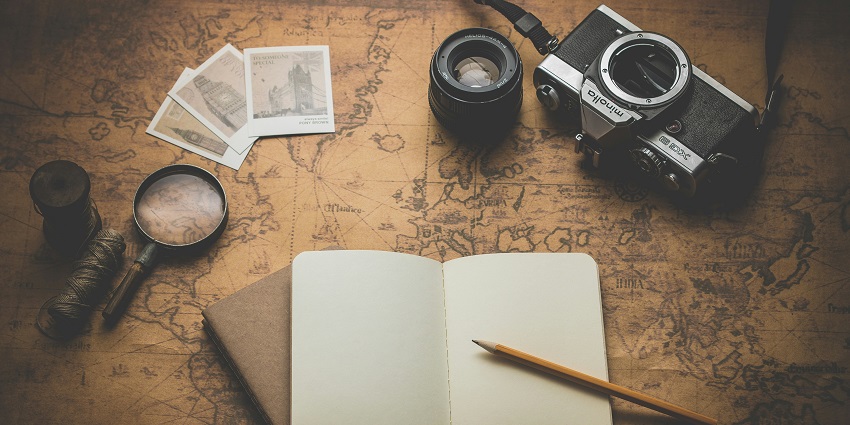
Photo: Dariusz Sankowski / Unsplash / Image For Representation Only
Average Cost Of The Trip
- Accommodation: ₹1500 to ₹5000 per night, depending on the type of accommodation (guesthouses to luxury resorts).
- Food: ₹400 to ₹1200 per day, depending on dining preferences and restaurant choices.
- Transportation: ₹1000 to ₹3000, depending on the mode of travel and distance covered from nearby cities like Bhubaneswar or Puri.
- Entry Fees and Additional Costs: The Chilika Wildlife Sanctuary ticket price is nominal, but additional costs might include boat rides, parking fees, and charges for activities like fishing or wildlife photography.
Tips For Travellers
- Carry Binoculars: To fully enjoy bird watching, carrying a pair of binoculars is highly recommended.
- Dress Appropriately: Wear comfortable clothing and shoes suitable for walking and exploring the sanctuary.
- Stay Hydrated: Carry water bottles, especially during the summer months, as it can get quite hot.
- Respect Wildlife: Do not disturb the animals or birds and maintain a safe distance at all times.
- Check Weather Conditions: Before your visit, check the weather conditions as heavy rains can affect accessibility.
- Safety Measures: The sanctuary maintains strict safety protocols, including regular maintenance of enclosures and provision of first-aid facilities. Follow all guidelines during your visit to ensure a safe experience.
- Clothing: Wear comfortable clothing and sturdy footwear, as you will be walking through natural terrain. Also, bring sun protection like a hat and sunscreen.
Chilika Wildlife Sanctuary stands as a magnificent jewel in the crown of Odisha’s natural heritage, offering visitors an extraordinary tapestry of biodiversity, breathtaking landscapes, and rich cultural significance. This remarkable sanctuary presents a harmonious blend of ecological wonders and aesthetic beauty, creating an environment that captivates the senses and nourishes the soul. Plan a trip with TripXL and explore the wonders of the natural world.
Cover Photo: Neeraj Pramanik / Unsplash


 WhatsApp
WhatsApp
 Twitter
Twitter









